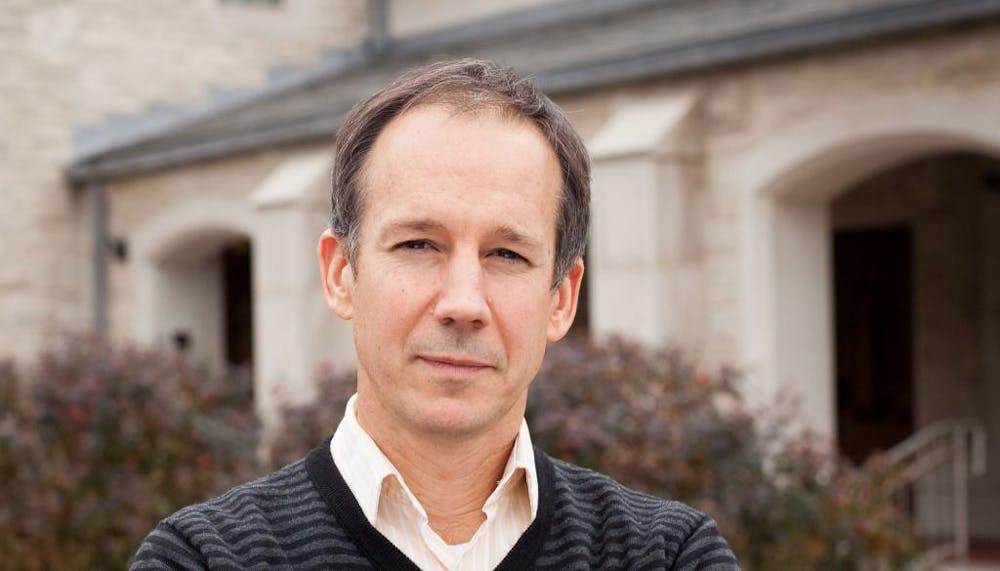IU Media School professor of practice Joseph Coleman was one of six IU Bloomington faculty members and 13 students who were awarded the Fulbright in the 2022–23 academic year.
Coleman was a journalist reporting on international news for two decades, has written for numerous major outlets like the New York Times and was appointed as the Tokyo bureau chief for Associated Press in 2004. With the Fulbright, he traveled to Japan for seven and a half months from 2022 and 2023 to investigate how immigrant communities are being challenged by the Japanese government’s immigration policies.
He has reported from all over the world and described the Fulbright program as a unique experience.
“When I worked with Associated Press, I would work on a story for a couple of weeks,” Coleman said. “I would sit down and have an interview with somebody and that was it, maybe I’d never see them again. I’d write the story and then onto the next thing. This idea of going back to the same people time and time again, and staying in constant touch with them, it’s different. It’s a different animal.”
The Fulbright Award provides an opportunity for people to pursue studies, teaching, projects or research in partnership with almost 160 countries worldwide for a period of up to nine months. It gave Coleman the chance to take a new approach to reporting in Japan.
“There’s a lot of crossover with my previous career as a journalist in Japan, but it’s like a new spin on that,” Coleman said.
Coleman said his time abroad as a Fulbright recipient has been useful while teaching his classes at IU. In his course on ethics, he said he can discuss the ethical questions and decisions he faced while reporting in Japan.
For example, he described the challenges of working with people from underrepresented communities, such as interviewing an Iranian asylum seeker who did not want his name or photographs in one of Coleman’s stories.
“I had to honor that,” he said, even though the lack of identification can affect the integrity of a story.
Previously, Coleman had reported on public figures and international conflicts.
“If a presidential candidate says something to you, you’re going to use that because they’re in a position of authority, and they’re accustomed to media,” he said. “You’re stricter with them.”
Coleman said reporting is different when working with people who live within immigrant communities. A journalist has to be mindful of their subject’s comfort level with the media. Still, he said he recognizes the importance of giving vulnerable people a voice regardless of its challenges.
“You would hope that it would encourage policymakers in Japan to see things from another point of view,” Coleman said. “The story that I wrote is just part of many stories; it’s part of the chorus.”
Journalism faculty such as Gerry Lanosga, an associate professor and the director of journalism at the Media School, describes the value of Coleman’s investigations.
“What strikes me about Joe is that he bridges the gap between the research community that is looking at things from a scholarly perspective and the community of practitioners who are trying to pass on the skills of making media,” Lanosga said.
Teresa White, a senior lecturer at Indiana University and director of the High School Journalism Institute at the Media School, said students stand to gain insight from Coleman and other Fulbright scholar’s classes.
“When you have these kinds of experiences in your life, it informs your teaching,” White said. “Anything that he encounters while investigating becomes something he internalizes, and when opportunities pop up in class, he can draw from that and use it to advise students or give them concrete examples.”
Anthony Fargo, an associate professor and the director of the Center for International Media Law and Policy Studies at the Media School, said journalism is key for people to make sense of their lives and the world they live in. Coleman’s work is important in a society that is becoming more and more interconnected and transnational.
“It’s really important to allow us to understand our place in a global community,” he said.




